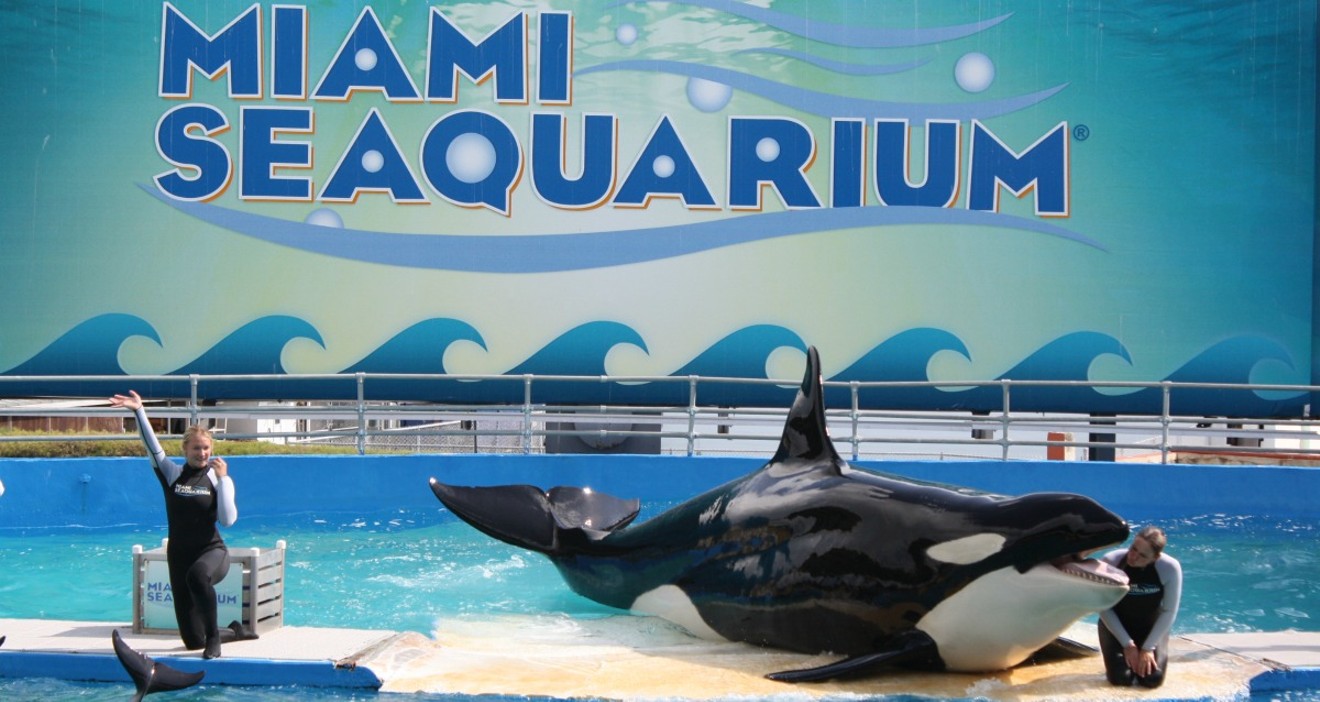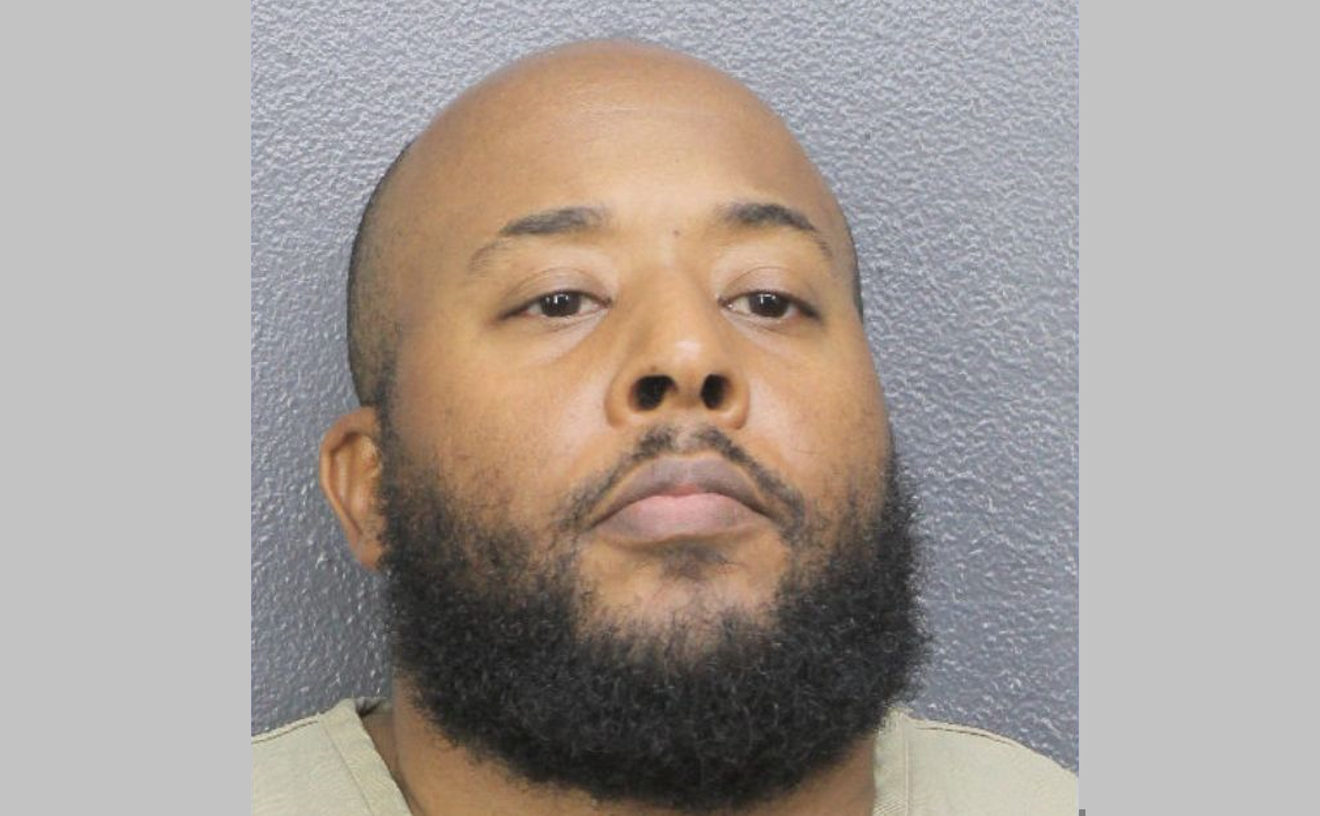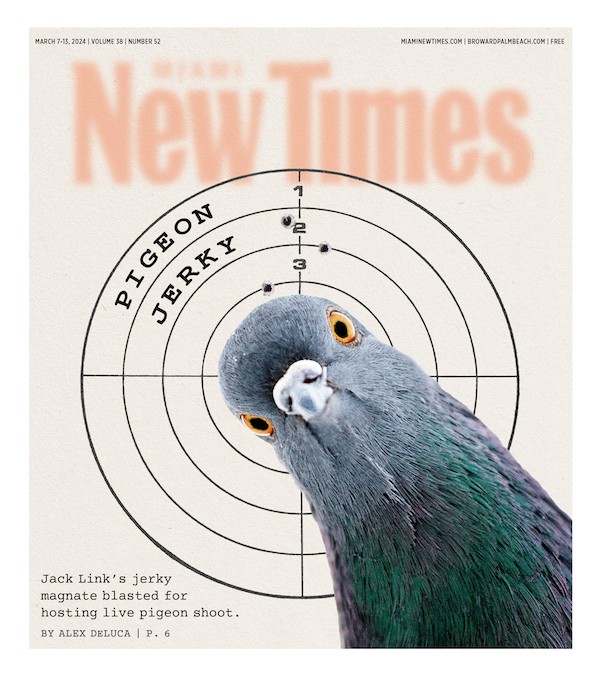Animals
Baby Sea Lion, Five Dolphins Die in 13-Month Span at Miami Seaquarium
Records reveal a spike in trauma-related deaths at the Virginia Key tourist attraction.

The Miami Seaquarium is under scrutiny following a spike in mammal deaths.
Photo by Leonardo DaSilva/Flickr
[
{
"name": "Editor Picks",
"component": "17482312",
"insertPoint": "4",
"requiredCountToDisplay": "1"
},{
"name": "Inline Links",
"component": "18711090",
"insertPoint": "8th",
"startingPoint": 8,
"requiredCountToDisplay": "7",
"maxInsertions": 25
},{
"name": "Air - MediumRectangle - Combo - Inline Content",
"component": "17482310",
"insertPoint": "8th",
"startingPoint": 8,
"requiredCountToDisplay": "7",
"maxInsertions": 25
},{
"name": "Inline Links",
"component": "18711090",
"insertPoint": "8th",
"startingPoint": 12,
"requiredCountToDisplay": "11",
"maxInsertions": 25
},{
"name": "Air - Leaderboard Tower - Combo - Inline Content",
"component": "17482313",
"insertPoint": "8th",
"startingPoint": 12,
"requiredCountToDisplay": "11",
"maxInsertions": 25
}
]
Five bottlenose dolphins and one infant California sea lion died in a 13-month span between March 2019 and April 2020 at the Miami Seaquarium on Virginia Key. After receiving reports that the aquatic center was experiencing an inordinate amount of unexplained dolphin deaths, People for the Ethical Treatment of Animals (PETA) requested information on how the marine mammals died and want to know why, more than a year later, the Seaquarium hasn't been held accountable.
Last week, PETA published public records that show a series of marine mammal fatalities that took place in a short amount of time. On April 12, 2019, a 24-year-old bottlenose dolphin named Echo died from acute neck trauma in an incident that Seaquarium staff reportedly didn't witness. On November 23, 2019, an unnamed, year-old California sea lion died from head trauma. Four months later, on March 31, 2020, a 25-year-old bottlenose dolphin named Indigo died from serious muscle injury and hemorrhaging, which the Seaquarium noted was likely caused by another dolphin. A week and a half later, on April 9, 2020, an 18-year-old dolphin named Abaco died by drowning (because dolphins are mammals, they need to come to the surface to breathe), likely after becoming entangled in a fence that separated two pools. The other two dolphin deaths were found to be from causes unrelated to trauma.
"It's not normal to have this many trauma-related deaths in such a short amount of time," Melanie Johnson, manager of PETA's Animals in Entertainment campaign, tells New Times.
Miami Seaquarium veterinarian Magdalena Rodriguez reported the fatalities to the National Oceanic and Atmospheric Administration (NOAA), which oversees the National Inventory of Marine Mammals (NIMM), a federal database of whales, dolphins, sea lions, and seals kept in permanent captivity. In May 2020, NOAA scientists alerted the U.S. Department of Agriculture (USDA) — the federal agency responsible for enforcing the Animal Welfare Act (AWA) — about the alarming pattern of deaths.
Johnson says PETA finds the rate of traumatic animal deaths alarming and a potential violation of animal cruelty laws. The animal-rights organization wants the Seaquarium to release the full necropsy reports on the deceased animals and is asking for additional records from the USDA's Animal Plant Inspection Service, which did not cite the Miami Seaquarium after NOAA alerted its fellow government agency to the cluster of trauma-related deaths.
In June, the American Society for the Prevention of Cruelty to Animals (ASPCA) filed a lawsuit against the USDA for "abandoning its responsibility to enforce the Animal Welfare Act." According to the ASPCA website, the USDA has drastically reduced the number of violations it issues — down from 1,994 in 2014 to only 154 in 2020.
This month, the Miami Seaquarium is celebrating its 66th anniversary. When it opened in 1955, it was one of the first so-called zoo-aquariums in the nation.
Last month, the Dolphin Company, a theme-park group based in Mexico, announced it had purchased the Seaquarium in a transaction it expects to finalize by the end of this year.
According to its website, the Seaquarium is certified by American Humane, the first national humane organization that sends independent auditors to evaluate the humane treatment of animals in zoos and aquariums around the globe.
Reached by New Times by phone on Thursday, a representative for the Seaquarium would not comment on the sea lion and dolphin deaths, but said animal safety is the aquarium's top priority.
"We study their health and behaviors every day so make sure they have the best care, and we share any findings with NOAA so we can be on the same page whenever anything comes up," the representative tells New Times. "Any decisions we make are for the benefit of our animals — that is our priority, first and foremost."
The USDA has cited Miami Seaquarium only once in the past decade — on February 1, 2016, for a damaged pool that posed a risk of harming animals, according to an inspection report database.
PETA is engaged in an ongoing lawsuit against the Seaquarium and its parent company, Palace Entertainment, to free Lolita, a killer whale whose original name is Tokitae. The suit was filed in the wake of animal-abuse allegations the Seaquarium has denied.
Johnson tells New Times PETA's ultimate goal is to compel the theme park to release Lolita and its remaining dolphins to ocean sanctuaries.
"Three dolphins endured horrific deaths at the Miami Seaquarium in just over a year, and the public deserves answers,” PETA Foundation vice president Jared Goodman stated in a press release. "Before another animal there dies horribly in a small tank, PETA is calling on the Miami Seaquarium to set in motion plans to send Lolita the orca and the other remaining dolphins to seaside sanctuaries."










